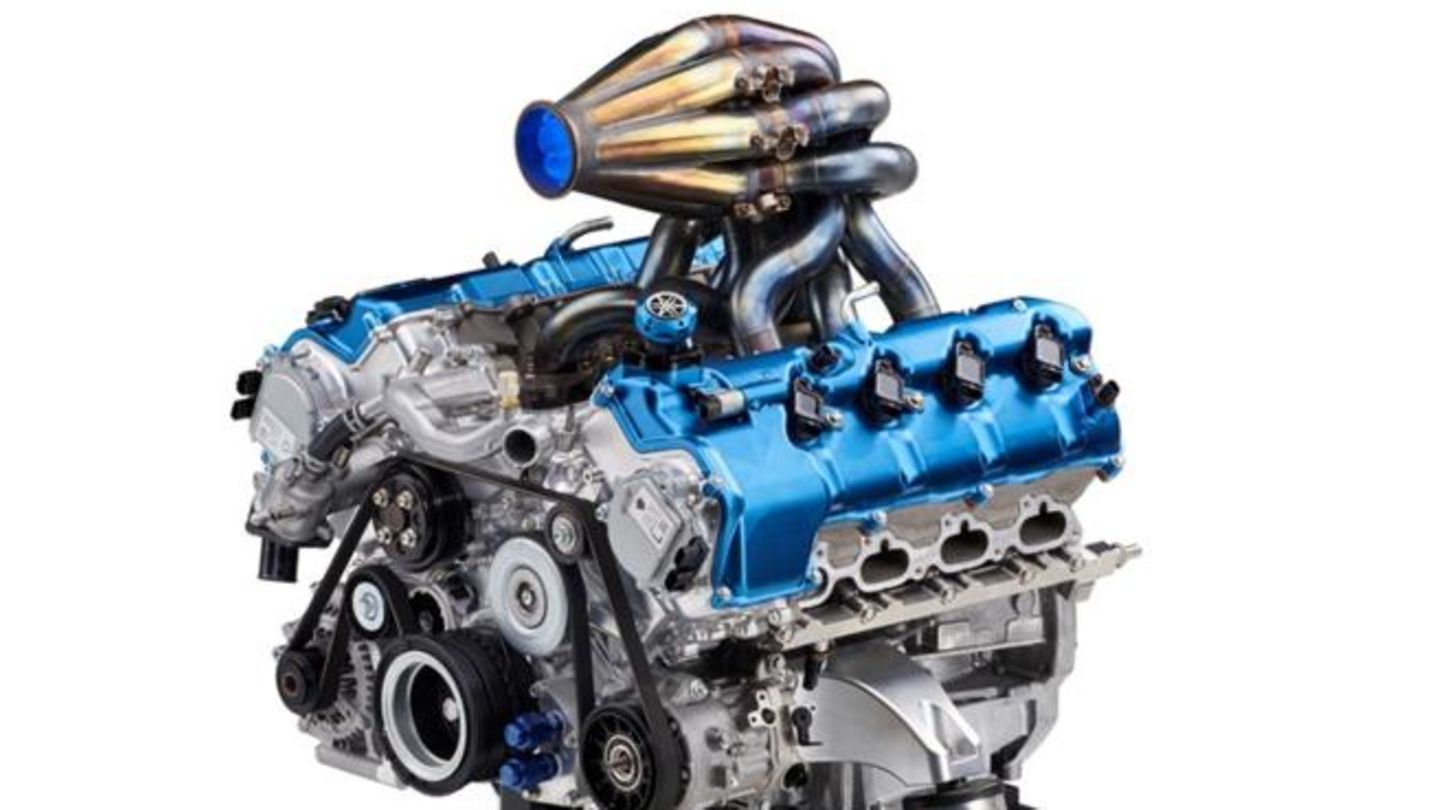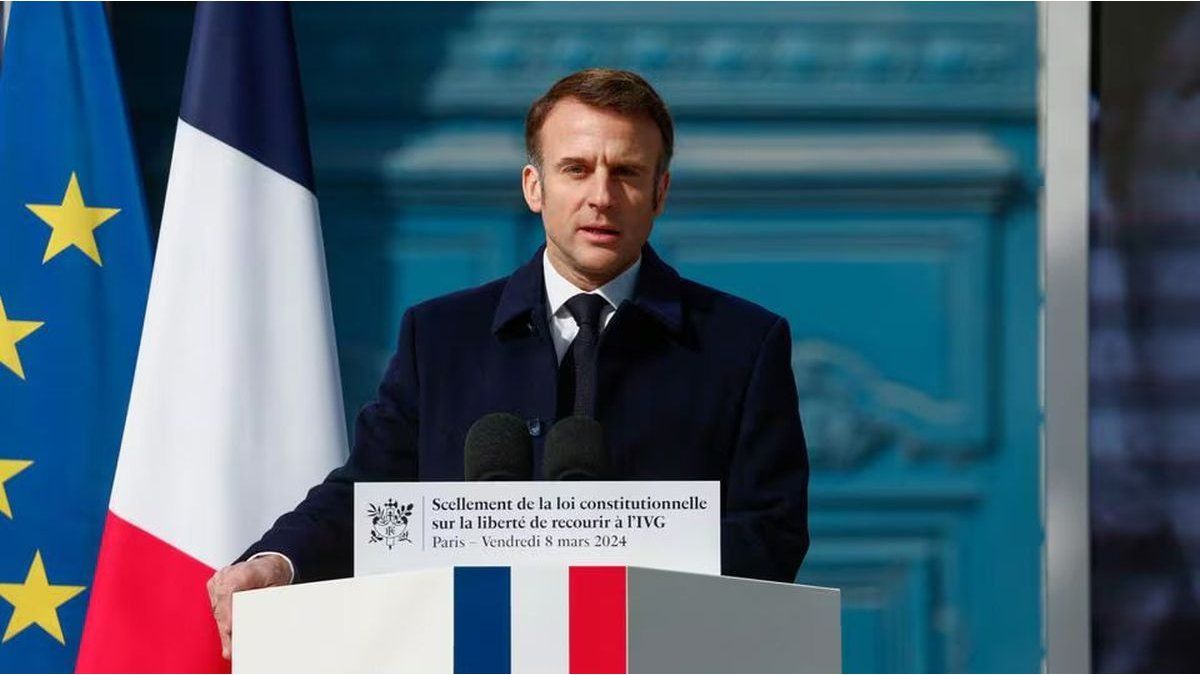Hydrogen cars are considered climate-friendly, but have hardly been built to date. Electric cars seem to have won the race for the new type of drive – although not at Toyota. Yamaha is building a hydrogen engine with 450 hp on behalf of the car manufacturer. The developers believe in the potential of a CO2-neutral engine.
Although the fuel cell or hydrogen technology is not a new invention, it has not yet been able to establish itself in the automotive industry. The number of hydrogen cars on the global market can be counted on one hand.
Toyota wants to increasingly rely on gas as an energy source. The Japanese carmaker has commissioned Yamaha to develop a hydrogen engine. The 450 hp V8 combustion engine with a displacement of five liters is based on the RC F sports coupé from Toyota’s premium brand Lexus.
Yoshihiro Hidaka, President of Yamaha Motor, says in a press release: “Hydrogen engines have the potential to be carbon neutral while maintaining our passion for the internal combustion engine.” The motorcycle manufacturer started developing a hydrogen engine for cars about five years ago and aims to be CO2-neutral by 2050.
“Everyone who came to test drive the prototype was a bit skeptical at first, but in the end got out of the car with a big smile. Watching this, I began to believe that there is indeed enormous potential in the unique properties of hydrogen engines rather than simply looking at them as a substitute for gasoline,” said Takeshi Yamada of the Automotive Development Section of the Technical Research & Development Center and a member of the hydrogen engine development team. Yamada and his fellow engineers believe in the potential of a hydrogen engine that burns an ignitable mixture of hydrogen and air in the combustion engine’s combustion chamber.
Hardly any hydrogen cars on the market
The Japanese carmaker has already proven that Toyota itself believes in the hydrogen engine. He has already launched the second generation of the Mirai and is considered a pioneer in hydrogen technology. Hyundai also has a hydrogen car in its vehicle range with the Nexo. Its predecessor was the iX35, which Hyundai had previously launched as the first carmaker ever in 2013. In addition, the Koreans are driving fuel cells in the truck segment.
At the end of 2018, Daimler brought the Mercedes GLC F-Cell with hydrogen drive to the German market. The first hydrogen car from a German manufacturer was available in an extremely limited number and was only intended for selected customers such as politicians or important business partners. In April 2020, however, Daimler announced the end of the hydrogen car because its market opportunities were considered too low. Meanwhile, Daimler is cooperating with Volvo to promote fuel cells in the truck sector. And Stellantis plans to further develop hydrogen-powered light commercial vehicles.
BMW, on the other hand, wants to launch the iX5 Hydrogen by the end of the year. The Munich-based company presented the hydrogen-powered vehicle last year at the IAA in Munich and announced a small series based on the X5. The individual fuel cells come here from Toyota.
Swell: , ,
Source: Stern
I am a 24-year-old writer and journalist who has been working in the news industry for the past two years. I write primarily about market news, so if you’re looking for insights into what’s going on in the stock market or economic indicators, you’ve come to the right place. I also dabble in writing articles on lifestyle trends and pop culture news.




